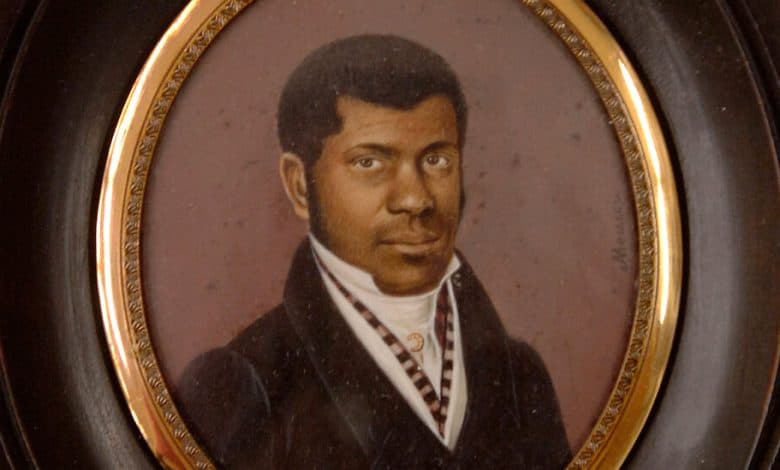Overlooked No More: Pierre Toussaint, Philanthropist and Candidate for Sainthood

This article is part of Overlooked, a series of obituaries about remarkable people whose deaths, beginning in 1851, went unreported in The Times.
In 1849, Mary Ann Schuyler, a wealthy New Yorker, was reminded fondly of her longtime hairdresser, Pierre Toussaint, while visiting a Roman Catholic chapel in Europe. “Send my love to him,” she wrote to her sister, Hannah Farnham Sawyer Lee. “Tell him I think of him very often and never go to one of the churches of his faith without remembering my own St. Pierre.”
By then, Toussaint, 68, had built a reputation as “the Vidal Sassoon of his day,” as Daniel W. Bristol Jr. wrote in “Knights of the Razor: Black Barbers in Slavery and Freedom” (2015): He had mastered the in-vogue hairstyles of the French — powdered hair, or false hair added on — as well as the newly-fashionable chignons and face-framing curls favored by the Americans.

A portrait of Mary Ann Schuyler, who was one of Toussaint’s hairdressing clients. She wrote that she enjoyed their conversations as a “daily recreation.”
Throughout his life, he was dedicated to the church and to others — donating to charities, helping to finance the original St. Patrick’s Cathedral in Manhattan and risking his life during epidemics to tend to the ill.
In 1997, more than a hundred years after his death, Pope John Paul II proclaimed Toussaint “venerable,” the first step on the road to sainthood. Some disagreed with the move, however, because they felt Toussaint did not resist his enslavement either in Haiti or New York and was therefore a poor candidate for sainthood.
